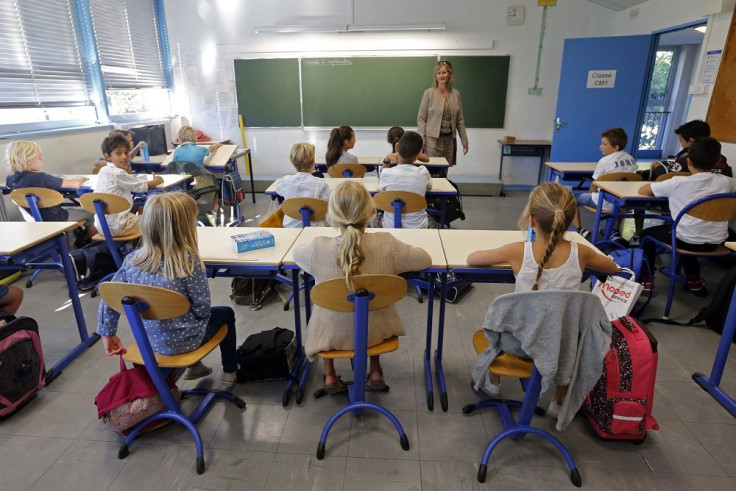Bendigo Teachers See Emotional Intelligence Curriculum As Future of Education

While the Australian education department is doing its best to cope with the ever-changing landscape of global education, many teachers remain doubtful of its efforts’ efficacy to prepare the children for the future. For the teachers at Girton Grammar School in Bendigo, children must learn to deal with their emotions first to perform well at school.
Here, children are taught to recognise and identify complex emotions as well as learning the nuances between assertiveness and aggression, envy and jealousy, sadness and depression, and other contrasting human emotions.
According to Paul Flanagan, a 4th grade teacher at Girton Grammar School, teaching the children at a young age about various human emotions will prepare them for the real world. “A lot of us grew up in a society where you didn’t talk about your emotions, they weren’t important. I can’t remember someone ever asking me how I felt or if I’d had a good morning and what might have affected my mood on a particular day,” Paul Flanagan told The Age.
There are also evidences saying that children who are in touch with their feelings perform better academically than those who are not. Today, many educators, both in the US and Australia, believe that Emotional Intelligence (EI) is as important as Intelligence Quotient (IQ) in terms of analysing a student’s capacity to become successful in the future.
This customised emotional intelligence curriculum is actually modelled after Yale University’s approach to EI-centric teaching. The Yale Center for Emotional Intelligence’s unique approach to teaching has led to various measurable improvements in emotional skills, effectiveness and well-being. In the United States, many school organisations are partnering with Yale to develop their students’ emotional intelligence.
Girton is among the first schools in Australia to adopt the system. Now, there are more than a handful of schools and educational institutions in the country utilising the program. The system, however, is not yet formalised in the national curriculum.
Being formalised in the national curriculum is the least of dedicated Australian educators’ concern. Now, going beyond the curriculum seems to be the trend in the county.
Many teachers in Australia are using Audioboom (LSE:BOOM) for Education service, in which teachers use the power of spoken-word audio content to enrich existing curriculum and reach students outside classroom constraints.
The recorded lessons accessed via the Audioboom Web Site allow teachers to reach students who are forced to skip classes due to illness or even children who aren’t enrolled in any school due to poverty. Audioboom for Education started to become popular in the UK several years ago, but the company’s successful campaign outside the region made its services, including its advocacies, well recognised in the United States.
Audioboom is a UK-based company that uses its audio content capabilities to introduce innovative and effectual teaching methods.
Today, a large percentage of jobless Australian families remain incapable of sending them to school. This does not only include indigenous Australians but also families that live in key cities.
Despite two straight decades of economic growth, over a million Australians are still living in poverty, according to the country’s economic development committee.
To contact the writer, email: v.hernandez@ibtimes.com.au





















